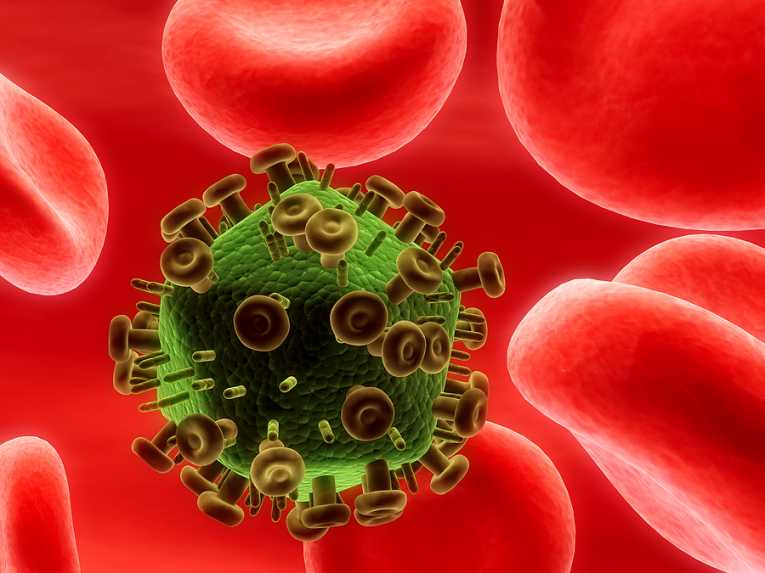Spanish scientists have developed a vaccine against HIV that has proven 90% effective in phase I clinical trials on human subjects. Developed by the Spanish Superior Scientific Research Council (CSIC), in collaboration with hospitals in Madrid and Barcelona, the vaccine, known as MVA-B, may help prevent the spread of the virus that is responsible for HIV infection, which may lead to AIDS.
If subsequent trials yield similar success, the vaccine could be the solution to a global health menace that first emerged nearly three decades ago, quickly spreading throughout the world. The vaccine was developed from a virus that has previously served as a platform for the vaccine used to eradicate smallpox.
Scientists inserted four genes from the HIV virus into the genetic sequence of the scaffold virus, to help the body's immune system recognize, and produce antibodies against, the dreaded HIV virus. "It is like showing a picture of the HIV [to the immune system] so that it is able to recognize it if it sees it again in the future," said Mariano Esteban, head researcher at CSIC's National Biotech Centre.
HIV is inherently difficult to thwart, as it targets key cells of the immune system. The vaccine is safe, because the inserted genes are incapable of self-replicating, unlike the HIV virus itself. "MVA-B vaccine has proven to be as powerful as any other vaccine currently being studied, or even more," said Esteban.
Although the vaccine will never be able to cure the disease once a patient has been infected with HIV, the vaccine's developers envision a time when it will render such infections little more than a nuisance; a manageable infection that causes little long-term damage. Said one researcher: "If this genetic cocktail passes Phase II and Phase III future clinic trials, and makes it into production, in the future HIV could be compared to herpes virus nowadays."
Top Image Credit: 3d illustration of HIV virus © Eraxion










